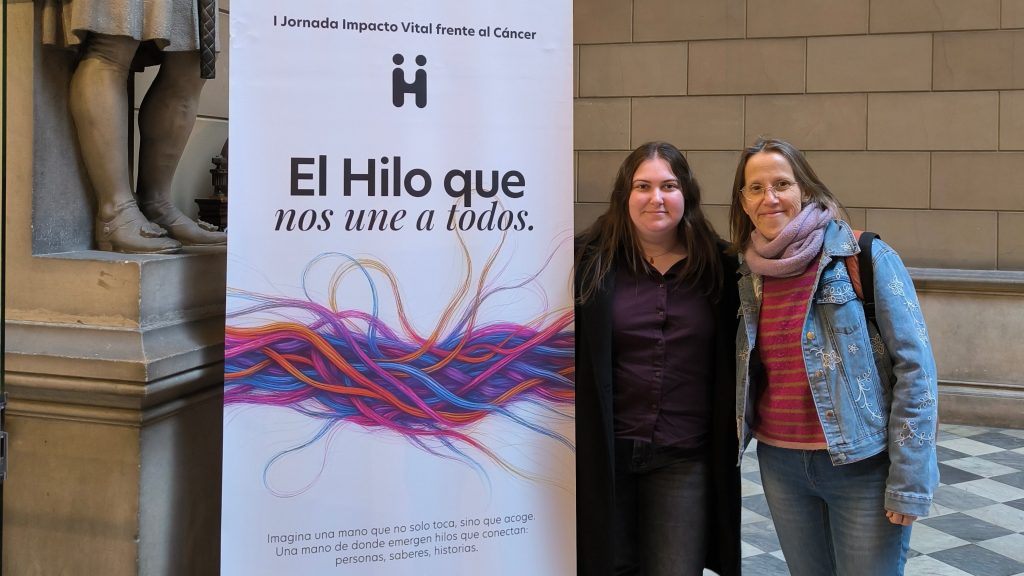La Unitat de Cribratge del Càncer (UCC) es dedica a la implementació, gestió i avaluació de programes de cribratge de base poblacional.
+
Casos de càncer de mama
diagnosticats en l’últim any
diagnosticats en l’últim any
+
Casos de càncer colorectal
diagnosticats en l’últim any
diagnosticats en l’últim any
+
Participants en el cribratge
de mama en l’últim any
de mama en l’últim any
+
Tests analitzats en el cribratge
colorectal en l’últim any
colorectal en l’últim any



